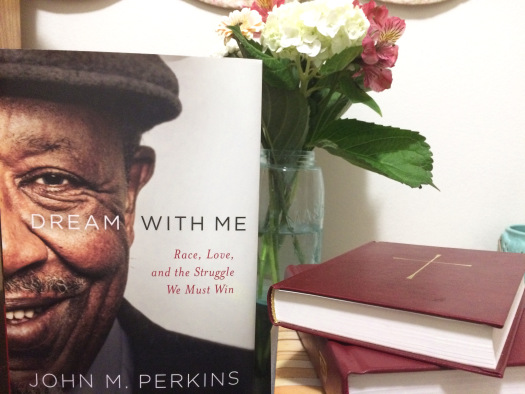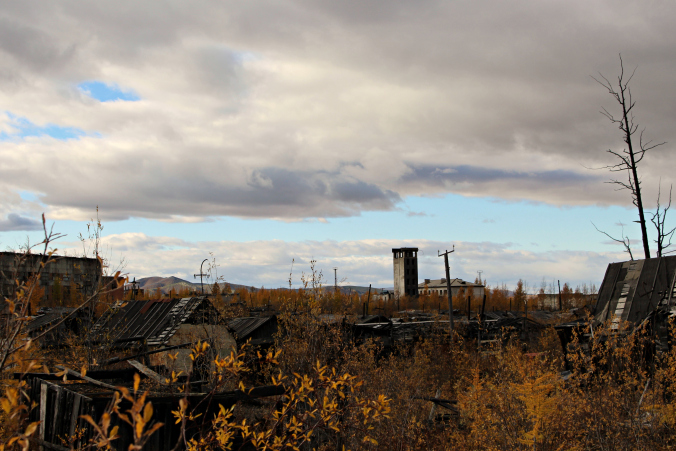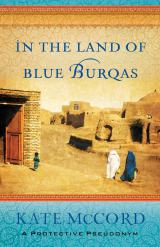
“You have to be a bit of a dreamer to imagine a world where love trumps hate- but I don’t think being a dreamer is all that bad. Joel prophesied that God would “pour out the Spirit on all people. Your sons and daughters will prophesy, your old men will dream dreams, your young men will see visions” (Joel 2:28). I’m an old man, and this is one of my dreams: that my descendants will one day live in a land where people are quick to confess their wrongdoing and forgive the wrongdoing of others and are eager to build something beautiful together.”- Dr. John Perkins, Dream with Me
In between all of the many (so many) texts that I am reading for seminary, I have been trying to finish up some of the books I was reading before seminary, one of the being Dr. Perkins’ Dream with Me. Now, in full disclosure, I adore Dr. Perkins, in part because he is objectively wonderful, but also in part because he has made me a better person. In high school, my youth group took a mission trip to the Perkins’ Center in West Jackson, Mississippi, and while we were there we got to meet Dr. Perkins, hear him teach and preach, and spend time with him. I got to spend time with him. We went to the store together to get spices for some pear butter he wanted to make from the pears that were falling off one of the trees outside the Perkins’ Center, and he put me and two of my friends with me to work, if I remember right, peeling pears and then shelling peas while the pear butter cooked.
The way Dr. Perkins talks always has made such plain sense to me. I remember reading Let Justice Roll Down and understanding racism for the first time through his plain, economic language. Racism wasn’t this abstract, numinous evil that plagued the U.S., it was exploitative economics that has now shaped the reality of those in the economy. In the same way, Dr. Perkins has always had a way with explaining hyper-spiritualized concepts in such plain terms that I’ve walked away asking myself why I thought this was so mysterious and complicated. In this passage, I am walking away again astounded by my own ignorance.
When I’ve read the Joel passage before, I have always thought it was an eschatological reference; that is, it was meant for the ending of things, not for now. One day, the Holy Spirit would descend on the earth and create a frenzy of visions and prophecies- then we would know that God is coming down. Dr. Perkins reminds me that it is not so cut and dry. Jesus teaches us that the kingdom of heaven is coming, but has also already come- what I have referred to as the theology of the “already, but not yet”. And in the tension of already, but not yet, Dr. Perkins proclaims that he is an old man with a dream. A dream of confession, forgiveness, and repentance. Dr. Perkins reminds me that the kingdom of heaven has already come. The Spirit is with us and within us, inspiring prophets to speak, sending visions to the young and eager ones, and giving dreams to the wise ones. Dr. Perkins correctly identifies himself within this biblical paradigm; I believe he is an old man sharing a Spirit-inspired dream of the kingdom, as was Dr. King. Now, recognizing this reality, I can’t see this verse the same as I did yesterday. Who, then, are those with visions from God for us? Who are the prophets sent to correct us?
And honoring Dr. Perkins’ dream, how might I live out the dream he has? I have heard him say many times that my generation will be the generation that addresses racism. I wholeheartedly want to believe him, but I also find myself losing hope with most passing days, feeling helpless in the face of the growing political adversity to this goal. When I read Dr. Perkins again, I see two ways I can participate in Dr. Perkins dream. First, to believe (and by truly believing, acting accordingly) that we can live in a world were love trumps hate. Even when white supremacists have rallies; even when the shouting matches arise again. To live in solidarity with Dr. Perkins dream by being a person whose love trumps hate, and cultivating that in my communities. Second, to be quick to confess my wrongdoing, and quick to forgive others. To be willing to be criticized and critiqued with an open heart, and recognize where I create pain and sin, in big and small ways, and to confront that. And through that reality, forgive myself for the pain I’ve caused, like God has forgiven me, and then stretch that forgiveness to those who cause me or those I love pain. And in that reality, of pain, sin, brokenness, and disconnection, to be eager to build something beautiful together.
Advertisements Share this:





